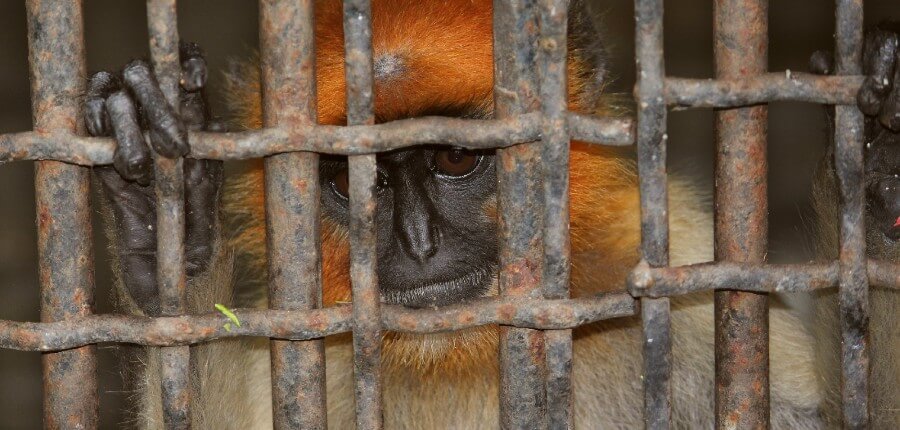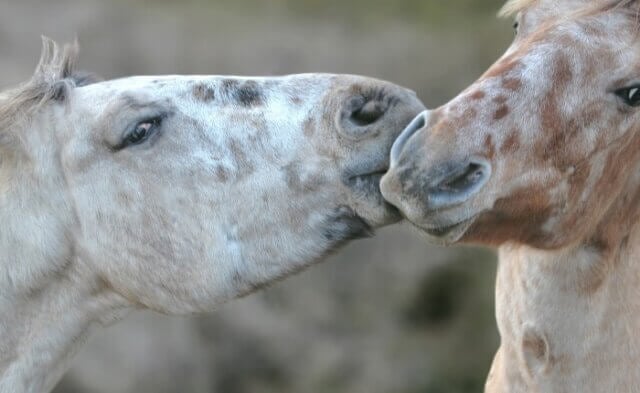I’m a homebody, but my voluntary self-isolation and loss of freedom has been a considerable adjustment. Everyone staying home knows how quickly the walls close in on us, but we also know an end to it will eventually come. But for marine mammals in cramped tanks, elephants in chains and primates behind bars, lockdown lasts until the day they die.
How must it feel for social, intelligent, self-aware animals to spend decades inside the same four walls or the same barren tank? Judging by the behavior they typically display, many go insane.
Elephants rock and sway like mindless automatons to try to cope with their daily deprivation. Orcas in marine theme parks destroy their teeth by neurotically gnawing on the metal tank dividers. Captive tigers and bears lucky enough to be provided with some kind of natural substrate (rather than just concrete) make paw impressions in the ground where they repeatedly step with their ceaseless pacing. Birds pluck out their own feathers until they’re bald and bleeding.
This abnormal, obsessive behavior is called “zoochosis” or “stereotypy.” A study conducted by researchers at Oxford University determined that large, roving predators develop stereotypical symptoms of stress in captivity because they are unable to satisfy their instinct to roam at will. The researchers determined that a typical polar bear’s enclosure, for example, is about one-millionth of his or her minimum home-range size. Gus, a polar bear at New York’s Central Park Zoo, spent so much of his time swimming figure eights in his pool that he had to be put on antidepressants. At least 14 zoos have used drugs to control behavior considered “undesirable” (upsetting to visitors) in captive gorillas.
On any given day in the ocean, orcas can travel about half the length of the entire Grand Canyon — or more than the distance from Los Angeles to Tijuana, Mexico. In marine theme parks, they’d have to swim the lengths of their tank roughly 4,348 times to cover the distance that they might in the ocean.
As one interminable day passes into the next, many animals find other ways to express their misery and frustration. An octopus in a German aquarium repeatedly shorted out the facility’s lights by climbing up the side of his tank and squirting water at the overhead spotlight. A chimpanzee in a Welch zoo used sign language to implore visitors to unlock the cage and let him out. Many animals make a break for it when the opportunity presents itself, causing widespread panic that often ends in a shooting.
If your short-term lockdown is triggering feelings of claustrophobia and powerlessness, spare a thought for all those who have no choice in the matter. Just like us, other animals want and deserve their freedom and autonomy. When our lives go back to normal, please remember those who are in permanent lockdown — and show your support for them by steering clear of all enterprises that imprison animals for our “entertainment.”





